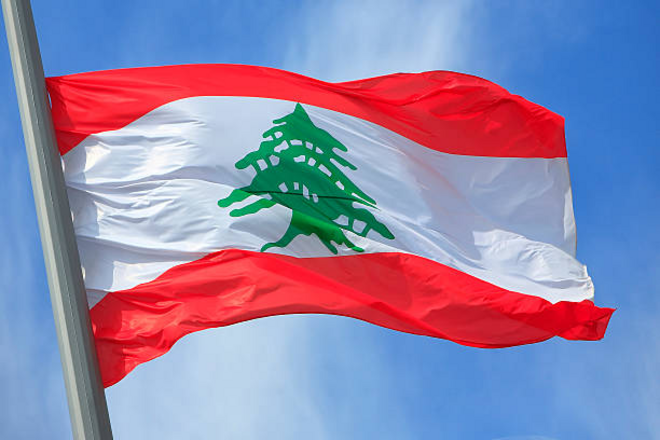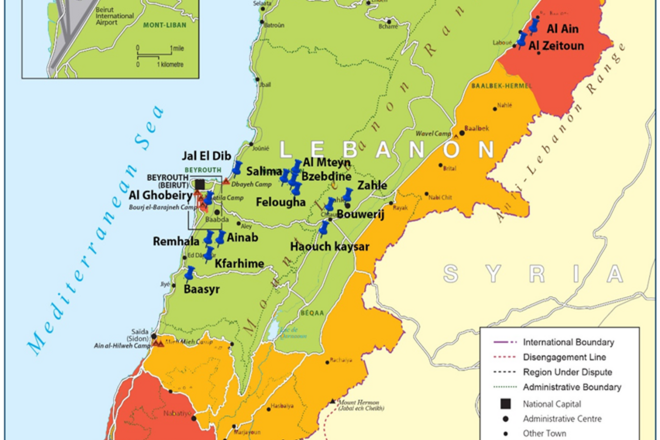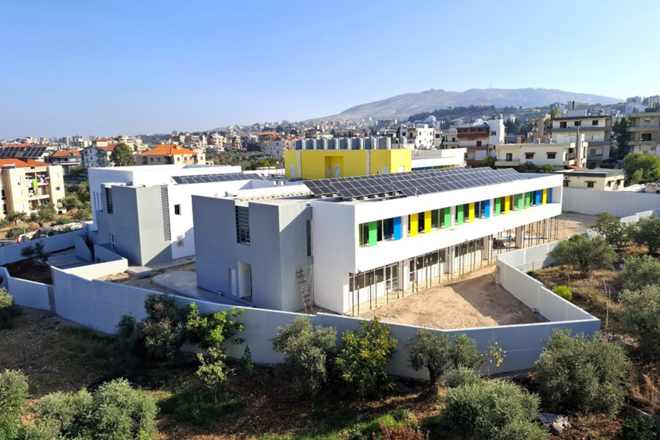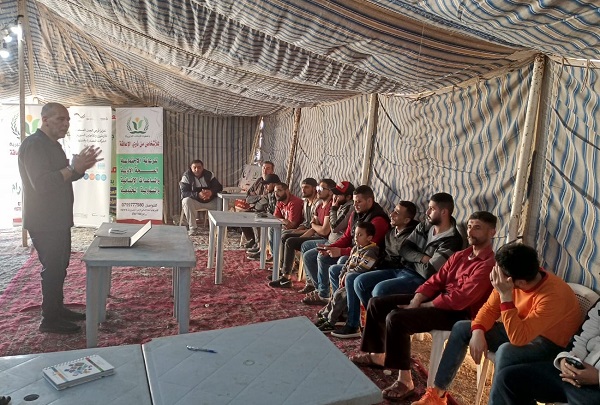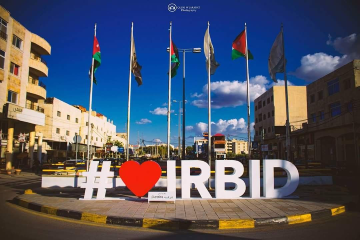NEWS
Lebanon – School Construction Programme: A New Chapter for Education in Lebanon
A new project was kicked-off end of June 2025 and is taking shape during the three-months inception phase: The Education Programme – School Construction Programme (SCP) is financed by KfW to support the Ministry of Education and Higher Education (MEHE) of the Republic of Lebanon in creating access to general education. The construction of new schools and pre-schools (from Kindergarden to 12th grade) in selected governorates is subject of Phase I and, in a second phase, the extension of existing school capacities is planned. PEM Consult has been entrusted with the implementation of the first phase of the programme, and we will work closely with our sub-consultant A.Chehab from Beirut, Lebanon.
A Crisis of Access and Quality
Lebanon’s education system has been struggling for long with structural challenges and external factors — from outdated infrastructure and underfunded schools to accommodating refugee children from Syria, Palestine, and Iraq. The aftermath of the Beirut port explosion, the COVID-19 pandemic, prolonged teacher strikes, and the recent conflict with Israel have deepened the crisis.
Many public schools now operate in double shifts, in the North of the country, a lot of schools are operating in rented buildings which fall far short of basic standards and are not fit for purpose. An alarming 95% of public schools require rehabilitation, and access remains a daily struggle for children with disabilities — over 44% are excluded from education due to inaccessible facilities.
Thus, the project must follow a broader vision: This initiative is more than a construction effort — it is a strategic response to decades of underinvestment and multiple overlapping crises. By reducing dependency on costly rentals, improving educational equity, and by strengthening institutional governance, the project aligns with international standards and the broader goals of resilience and social cohesion in Lebanon. The project also helps MEHE to implement parts of the Five-Year Education Plan 2021–2025 and its successor document in process.
The project is structured in two, preferably overlapping phases:
- Phase I: Construction of at least four new public schools, creating 4,000 additional student places in underserved communities. In this phase, the German grant contribution is 20 Mio EUR.
- Phase II: Extension of at least four existing schools, adding another 4,000 seats. The German grant contribution is 10 Mio EUR.
A planned Phase III will address the rehabilitation of selected schools, a.o. based on an infrastructure condition and damage assessment against national and international school building standards.
Expected Impact by 2029 (Phase I)
- 2,800+ students enrolled in new schools within 12 months of completion
- > 90% of the classrooms remain in good condition after one year
- 80% school occupancy achieved within two years post-opening
These indicators point to a transformational shift — not only in physical infrastructure, but in how public education is secured, delivered, maintained, and trusted in quality by the communities it serves.
Institutional Strengthening and Capacity Building
Beyond infrastructure, the project includes robust capacity-building support to MEHE and the beneficiary schools’ management. Staff at MEHE will be trained in project management, procurement, and facility maintenance, ensuring that improvements are not only built — but maintained. A comprehensive maintenance manual and operational training for school management and staff will support long-term sustainability, not only of newly established schools but also existing ones to avoid costly rehabilitation or replacement.
School Design Features
Each school will be equipped and furnished with modern classrooms, science labs, IT infrastructure, and child-friendly facilities. Designs will comply with the latest energy-efficient and inclusive building standards — ensuring safe, climate-resilient, and barrier-free environments for all learners.
We envisage applying the following (selected) design considerations for room planning, equipment and pedagogics:
- Modular Educational and Spatial Design to enhance the flexibility of learning and adaptation of rooms to various learning methodologies and processes, fostering a dynamic educational environment.
- By utilizing mobile partitions, rooms can be combined into a larger working space as needed and can promote modern pedagogical concepts and upcoming needs.
- Latest international guidelines and inclusion practices for accessibility and gender equality.
- Climate-Friendly Construction and Energy Efficiency: Concepts for naturally lighted, ventilated, heated and cooled schools will be developed for each school location. These measures shall improve thermal comfort, result in energy saving and provide thermal comfort during all seasons and for all climate zones.
For energy efficiency and climatic reasons, preferably passive strategies and systems will be implemented, reducing mechanical or electrical equipment. This will be achieved by the following aspects, among others:
- Orientation of the building
- Natural ventilation
- Seasonally variable solar protection
- Utilization of geothermal energy (e.g. earth ducts)
- Appropriate insulation
- Optimization of transparent or semi-transparent building elements, like glass, louvers, etc.
During the Inception Phase, 4-6 sites for school construction will be selected based on an agreed-upon criteria catalogue considering the demographic needs, the plot ownership, suitability and connectivity; decision-making is also driven by the enormous pressure on certain regions suffering from additional burdens through a high number of refugees, double-shift schools, and rented facilities not suitable for schooling.
In conclusion, SCP is a project that aims to rebuild more than just schools and classroom capacities. It seeks to restore hope, dignity, and opportunity for thousands of children, both Lebanese and refugees esp. from Syria, whose right to education has been disrupted by years of conflict, economic crisis, and displacement.


